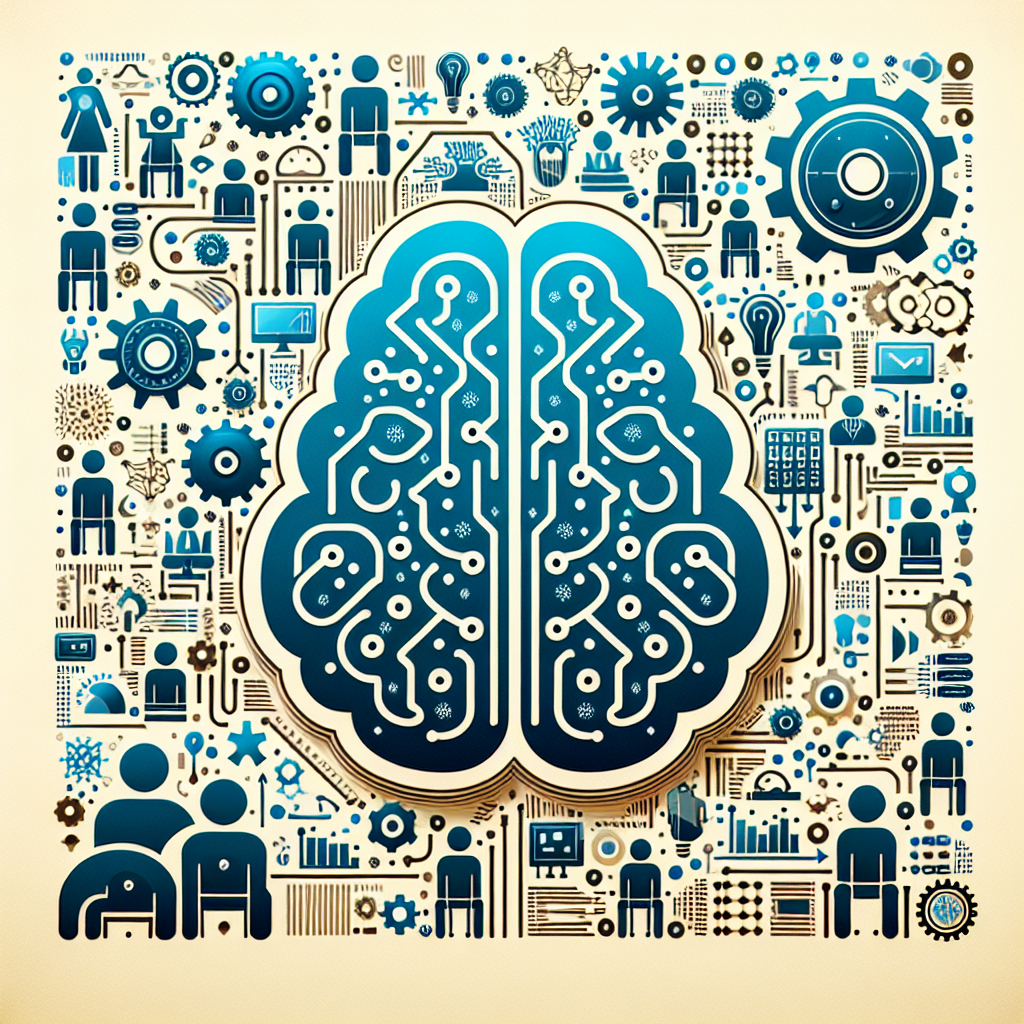AGI, or Artificial General Intelligence, is a concept that has fascinated technologists and scientists for decades. It refers to a form of artificial intelligence that is capable of understanding, learning, and applying knowledge in a way that is similar to human intelligence. While current AI technologies are specialized in specific tasks, such as image recognition or natural language processing, AGI aims to create a more versatile and adaptable form of intelligence.
In the quest to develop AGI, a number of leading innovators and researchers have emerged. These individuals are at the forefront of the field, pushing the boundaries of what is possible and exploring new ways to create intelligent machines. In this article, we will introduce you to some of the minds behind AGI and explore their work and contributions to the field.
1. Demis Hassabis:
Demis Hassabis is a British artificial intelligence researcher and co-founder of DeepMind, a leading AI research lab acquired by Google in 2014. Hassabis is known for his work on developing algorithms that can learn from data and make decisions in a way that is reminiscent of human intelligence. His research has focused on areas such as reinforcement learning, neural networks, and deep learning, all of which are key components of AGI.
2. Yoshua Bengio:
Yoshua Bengio is a Canadian computer scientist and one of the pioneers of deep learning, a subfield of artificial intelligence that has revolutionized the field in recent years. Bengio is known for his work on developing neural networks that can learn from large amounts of data and make sense of complex patterns. His research has been instrumental in advancing the field of AI and has paved the way for the development of more sophisticated intelligent systems, including those aimed at achieving AGI.
3. Ray Kurzweil:
Ray Kurzweil is an American inventor, futurist, and author known for his predictions about the future of technology and artificial intelligence. Kurzweil is a strong advocate for the idea that AGI is achievable and that it will have a transformative impact on society. He has written extensively on the subject, outlining his vision for a future where intelligent machines surpass human intelligence and usher in a new era of innovation and progress.
4. Ilya Sutskever:
Ilya Sutskever is a Russian-Canadian computer scientist and co-founder of OpenAI, a leading research lab focused on developing artificial intelligence technologies. Sutskever is known for his work on deep learning and has made significant contributions to the field, particularly in the area of natural language processing. His research has helped to advance the capabilities of AI systems and has brought us closer to achieving AGI.
5. Fei-Fei Li:
Fei-Fei Li is a Chinese-American computer scientist and co-founder of AI4ALL, a nonprofit organization dedicated to increasing diversity and inclusion in the field of artificial intelligence. Li is known for her work on computer vision and has made significant contributions to the development of AI systems that can understand and interpret visual information. Her research has helped to advance the field of AI and has brought us closer to achieving AGI.
These are just a few of the leading innovators in the field of AGI, each of whom has made significant contributions to the development of intelligent machines. Their work is paving the way for a future where AI systems are not just tools that perform specific tasks, but intelligent beings that can learn, adapt, and interact with the world in a truly human-like way.
FAQs:
Q: What is AGI?
A: AGI, or Artificial General Intelligence, refers to a form of artificial intelligence that is capable of understanding, learning, and applying knowledge in a way that is similar to human intelligence. Unlike current AI technologies, which are specialized in specific tasks, AGI aims to create a more versatile and adaptable form of intelligence.
Q: Is AGI achievable?
A: While AGI remains a challenging goal, many leading researchers in the field believe that it is achievable in the future. Advances in areas such as deep learning, reinforcement learning, and neural networks have brought us closer to achieving AGI, and ongoing research is pushing the boundaries of what is possible in artificial intelligence.
Q: What are the potential benefits of AGI?
A: AGI has the potential to revolutionize a wide range of industries and fields, from healthcare and finance to transportation and entertainment. Intelligent machines could help us solve complex problems, improve decision-making, and unlock new opportunities for innovation and progress.
Q: What are the potential risks of AGI?
A: While AGI offers many potential benefits, it also raises concerns about the impact on society and the potential risks of creating intelligent machines that surpass human intelligence. Issues such as job displacement, ethical considerations, and the potential for misuse of AI technologies are all areas of concern that need to be addressed as we move closer to achieving AGI.
In conclusion, the minds behind AGI are pushing the boundaries of what is possible in artificial intelligence and are working towards a future where intelligent machines can think, learn, and adapt in ways that are similar to human intelligence. Their research and contributions are paving the way for a new era of innovation and progress, and their work is shaping the future of AI in profound ways.

